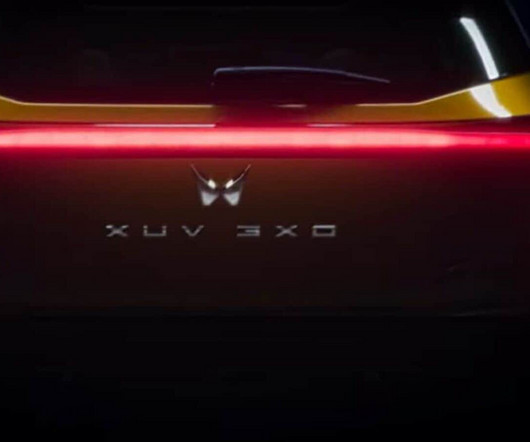SwRI engineers help develop post-refinery diesel treatment that overcomes soot/NOx tradeoff for cleaner burning fuel
Green Car Congress
OCTOBER 11, 2021
Southwest Research Institute (SwRI) is helping a client develop a simple post-refinery treatment process that reduces exhaust emissions from diesel engines by overcoming the soot/nitrogen oxides (NO x ) reduction trade-off that has plagued engine researchers for decades.

































Let's personalize your content